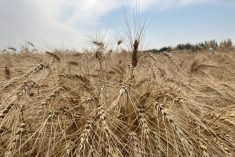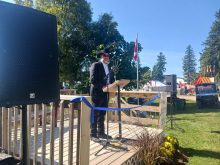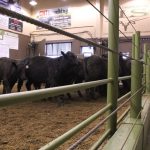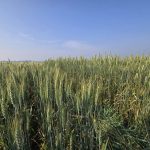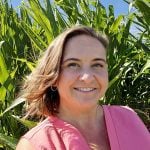Saskatchewan’s agriculture minister Lyle Stewart says the 2014-15 budget shows strong, consistent support for the industry.
The budget sets aside $371.6 million for agriculture spending. The vast majority of that — $242.2 million — is allocated to business risk management programs, including crop insurance, AgriStability and AgriInvest.
The provincial estimates are based on federal forecast of what uptake in the various programs will be. This year’s allocation is about $40 million less than last year’s, largely because of commodity prices and how they affect crop insurance.
Overall, the ministry’s budget is down about $35 million from where the current fiscal year is expected to end up.
Read Also

Canada appoints new envoy to India
Canada announced on Thursday it had appointed a new high commissioner, or ambassador, to India in the latest sign of improving ties between the two trading partners.
Funding for research and technology remains steady, although documents show a $1 million decline. That’s because funding for the Global Food Security Institute was already projected to drop for this year as part of an ongoing agreement.
Land management funding decreased by about $2.4 million due mainly to the reduction in the Crown land sale incentive rate from four percent to two percent.
Industry assistance funding is going up slightly to reflect an increase in the rat control fieldworker program, while financial programs will get nearly $7 million more to administer programs such as environmental farm plans and on-farm food safety.
Stewart said $23.6 million will be spent on water development and irrigation infill.
In general, the Saskatchewan government expects to spend just more than $14 billion in the next fiscal year, while taking in $14.073 billion, for a surplus of $71.4 million.
No tax increases were announced. Finance minister Ken Krawetz said the government had a choice: raise taxes or control spending.




